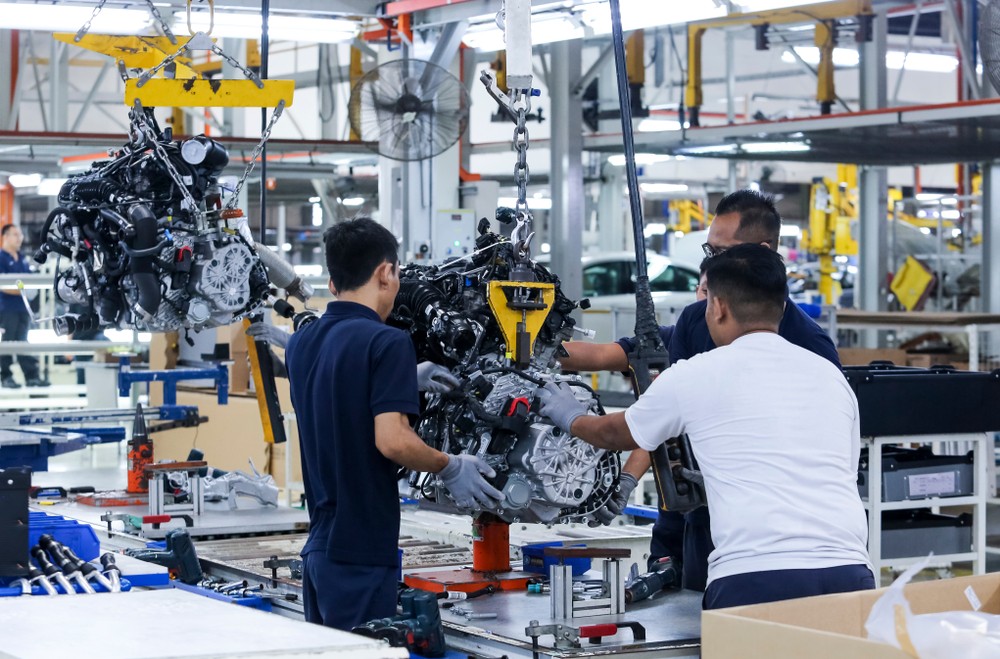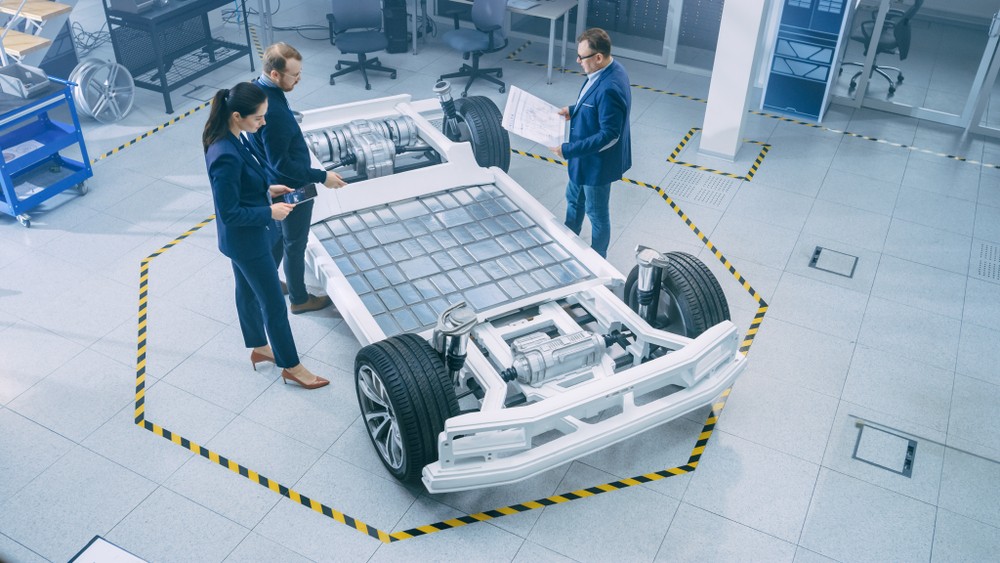Reviving Domestic Manufacturing Companies

When most people think of the golden age of U.S. manufacturing, they picture the post-war period of the 1950s up through the 1970s. American manufacturing was the standard then. But beginning in the 1980s, Asian-Pacific countries adopted more efficient production practices to undercut the cost of American-made goods. The U.S. lost its manufacturing foothold and has been trying to find it ever since.
We have to face facts: The United States will never get back to its 1970s manufacturing heyday. Without government intervention and monumental subsidies, the costs associated with that type of resurgence are simply too high. So, what are the realistic prospects for domestic manufacturing revival?
A rise in specialized manufacturing
Specialized manufacturing is one area in which the United States stands to gain ground over global competition. Over the last few years, a massive influx of start-ups in the areas of robotics, artificial intelligence, and nano-engineering has breathed new life into the manufacturing sector. High-tech, specialized manufacturing is complex and often proprietary, which makes undercutting production much more difficult. If the U.S. continues to grow its specialized manufacturing industry, it stands a chance of outshining less sophisticated, price dependent competition.
Despite the potential of specialized manufacturing, many smaller companies have yet to invest because of higher upfront costs. And it’s difficult to entice investors when they may not see returns for several years. This is why manufacturers need to consider specialized manufacturing now to realize future profits from an entrenched position in the industry.

Renewed focus on transit and transportation
It’s no secret that the United States excels at manufacturing for transportation, which is why domestic manufacturers should consider doubling down. New technologies like electric vehicles and supersonic jets offer an amazing opportunity for American manufacturing companies to continue doing what they do best.
The electric vehicle market will only continue to grow, and it hasn’t even begun to proliferate in other countries the way it has in the domestic market. Electric vehicles are on track to be the inevitable standard for most of the world as the shift to climate-conscious consumerism fuels new markets. Electric vehicles represent an opportunity for the U.S. to continue exemplary leadership in the auto manufacturing sector.
With new federal plans for investing in American infrastructure, now is the time for automotive manufacturing to focus on the future. Infrastructure investments will largely focus on transportation, increasing the need for light rail, buses, and last-mile shuttling systems. Public transportation will also move more toward energy-efficiency in the coming years, resulting in more potential gains in the electric vehicle manufacturing industry.
Jumping into emerging sectors
There are plenty of new and emerging industries in which American manufacturers stand to gain substantial ground over their international competition. Renewable energy (e.g., solar, wind) is a rapidly growing industry, and it’s predicted that by 2030, renewable energy manufacturing businesses will account for 27% of total final energy consumption for global manufacturing.
Currently, there are no definitive leaders in the renewable energy industry. So, there’s plenty of opportunity for someone to step in. If U.S. manufacturers invest now, they can establish a strong foothold in the renewable energy industry.

Embrace a new era of manufacturing
The United States idealizes the era of factory towns and a healthy middle class of blue-collar workers. While the country may never get back to this “Golden Age” of manufacturing, there are plenty of things it can do to keep up with the competition.
Manufacturing is in a new era, and new technology is essential. To compete, manufacturers must embrace these new technologies to increase efficiency and productivity and fuel expansion into new sectors. Investing in new technology and specialized manufacturing is the key to reviving domestic manufacturing to compete on a world stage.